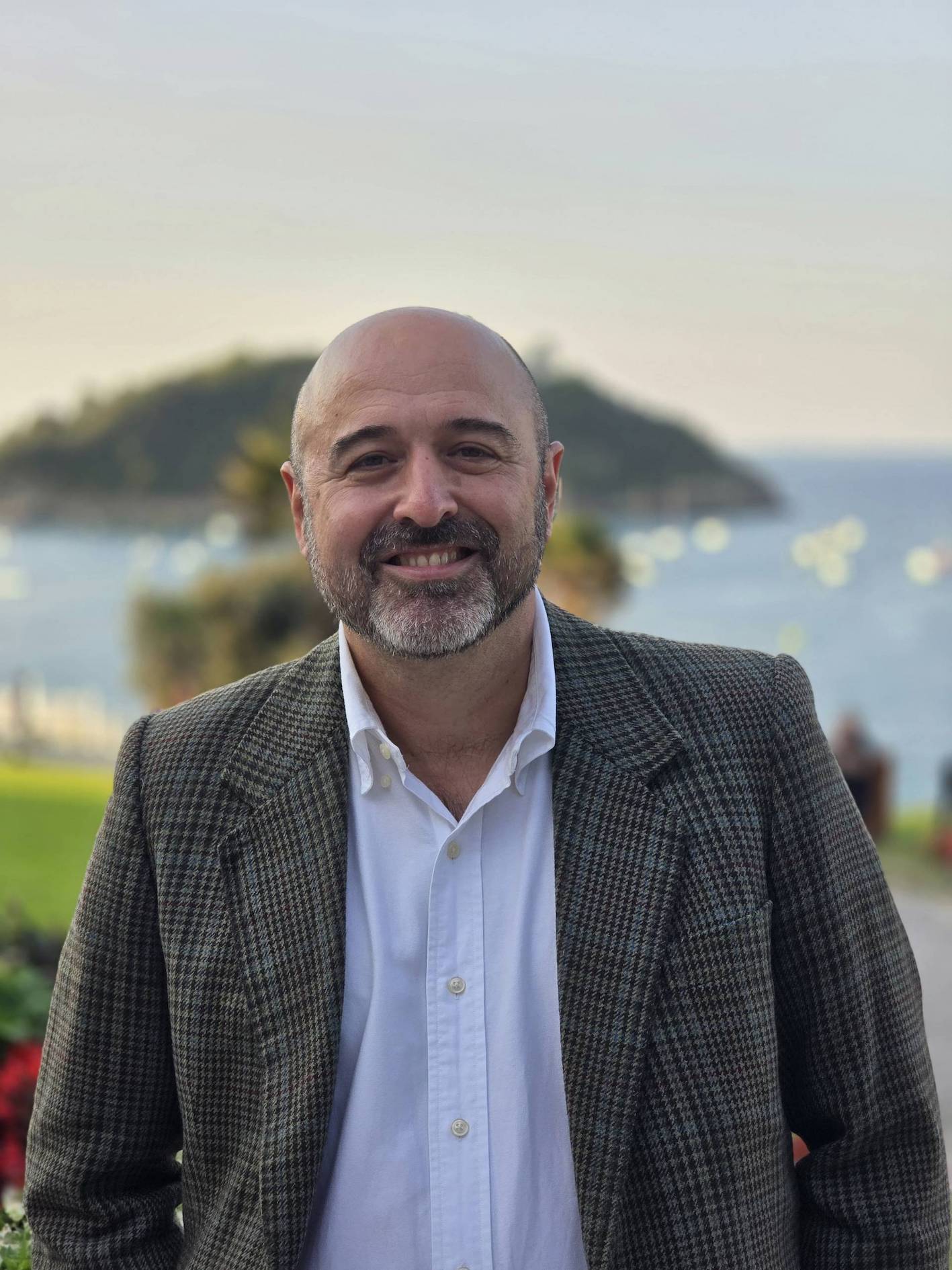
Interview with Boris C. Rodriguez from Psifiacos
Psifiacos interview
Interview with Boris C. Rodríguez, found of Psifiacos
To start, could you tell us about your first encounter with the technology and biotechnology sector?
My first contact with health-related technology came from the need to find innovative solutions in my field of specialization, clinical psychology.
For years, I have been providing clinical assistance and researching the mechanisms behind eating behaviors, disordered eating, and eating disorders. It became clear that technological tools could offer a new perspective on diagnosis and monitoring.
I realized there were many apps for counting calories or proposing “diets,” but very few focused on teaching healthy eating habits. Under the concept of “learn to count nutrients, not calories,” we developed a project called PlaniFive.
With PlaniFive, we explored how data and algorithms could transform access to and personalization of nutritional care. However, we treated it more as a hobby than a business model. We were unprepared for the demand generated by over 10,000 downloads of the app, which we couldn’t sustain financially since it was free. Currently, the app has been removed, but we’ve kept the YouTube channel as a memento, as we created the content with much love: https://www.youtube.com/@planifive4586.
All this previous work laid the foundation for what Psifiacos is today.
What motivated you to venture into such a specific field as software development for biotechnology research?
Mental health has historically been an underserved area in terms of technological innovation, and today we are facing an epidemic, particularly concerning the mental health of our adolescents. I wanted to contribute to bridging that gap.
The potential to integrate wearable devices, artificial intelligence, and data analysis motivated me to explore how technological tools could alleviate the burden on families, enhance the work of health professionals, and make care more accessible and effective.
In the final stages of PlaniFive, we had already explored the use of wearables, but they still didn’t have all the sensors we needed for proper remote monitoring.
One of the most pressing issues is the high mortality rate of many eating disorders, such as anorexia nervosa. Treatments are excessively expensive, and many families cannot afford them. After the hospitalization stage, all monitoring responsibility falls on the family. It was baffling that, in the 21st century, with the availability of wearable technology, there still wasn’t a monitoring system to alert families, professionals, and institutions to reduce the burden and suffering caused by this challenging process.
What were the biggest challenges you faced when starting Psifiacos, and how did you overcome them?
One of the biggest challenges was combining clinical and technological perspectives. Creating a multidisciplinary team with experts in psychology, medicine, and technology wasn’t easy, but it was essential to develop genuinely useful solutions.
Securing a partnership with Samsung Health was a significant milestone, as it allowed us direct access to their wearables’ health sensors to perform accurate and high-quality measurements for our proof-of-concept and MVP setup.
We also faced financial hurdles in the early stages but managed to secure initial investment and key grants, such as support from the Vitoria-Gasteiz City Council, Emprender en Álava, and Ekintzaile programs, which helped us advance the development of our MVP.
How does Psifiacos contribute to optimizing clinical decision-making and reducing costs in healthcare systems?
Our software enables real-time remote patient monitoring, facilitating early interventions (for example, in the case of anorexia, where diagnosis often comes late, after the disease has progressed significantly) and reducing the need for prolonged hospitalizations or frequent emergency visits.
The alert system has been simplified for families, but the fully implemented system is ideal for home hospitalization monitoring or outpatient follow-ups during post-treatment stages.
Additionally, by centralizing and analyzing data efficiently, healthcare professionals can make informed decisions quickly, optimizing resources and improving outcomes for patients and their families.
Could you share a project or achievement of Psifiacos that you’re particularly proud of?
Having the ANNi platform fully operational is, without a doubt, the achievement I am most proud of. It’s a unique solution combining real-time monitoring with wearable devices.
Integrating this technology and now having it in its initial testing phase is a significant milestone that brings us closer to transforming mental health practices in clinical settings.
There is still a long way to go, with many pilots to conduct with healthcare institutions, but I believe we’ve created something new and unique.
Sometimes I think we’ve arrived too early with our solution, but that’s just a fleeting thought.
What advice would you give to someone interested in venturing into the field of technology applied to healthcare?
My advice would be to prioritize interdisciplinary collaboration. Technology alone is not enough; understanding the needs of patients and healthcare professionals is crucial. I would also recommend starting with a clear objective and always validating ideas through real users before scaling up.
Finally, Boris, how do you envision Psifiacos’ role in the future of the health and biotechnology sector?
I see Psifiacos as a benchmark in integrating technology and mental health.
Our focus is not limited to ANNi; we aim to develop a broader ecosystem leveraging advanced technologies to tackle other critical mental health challenges.
Our goal is not only to improve lives but also to redefine how healthcare systems address these challenges.
SHARE






